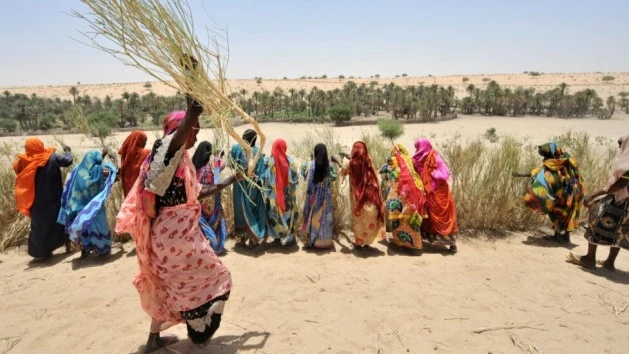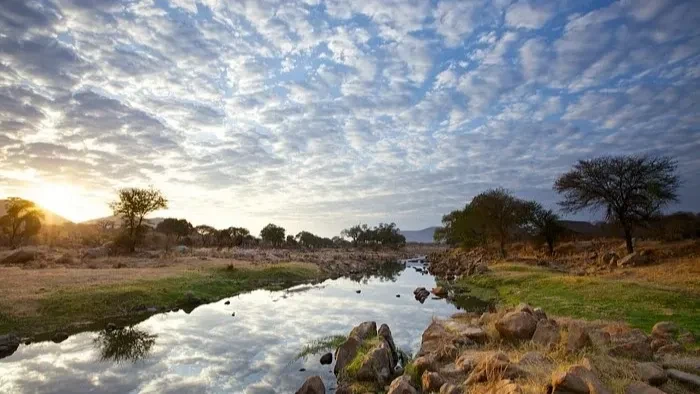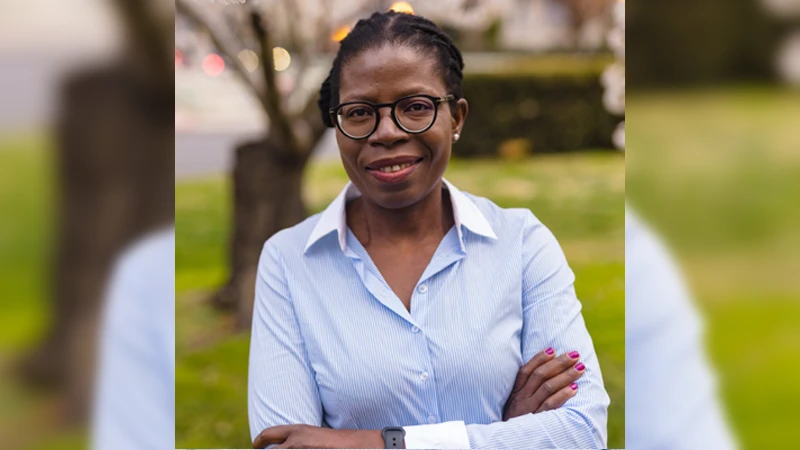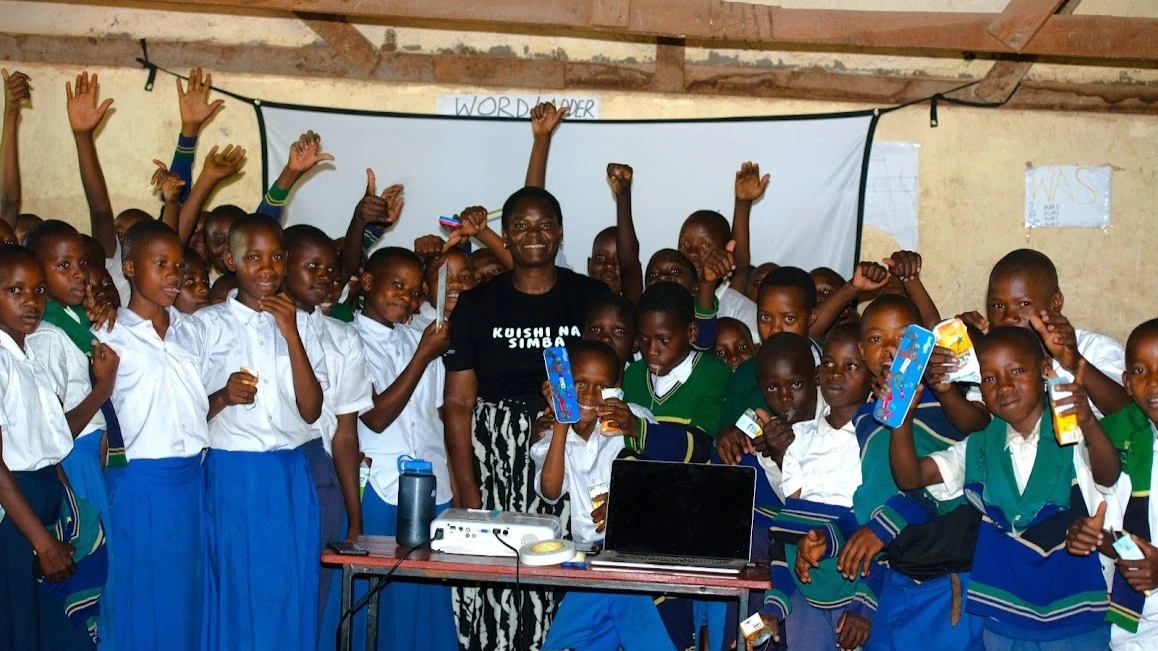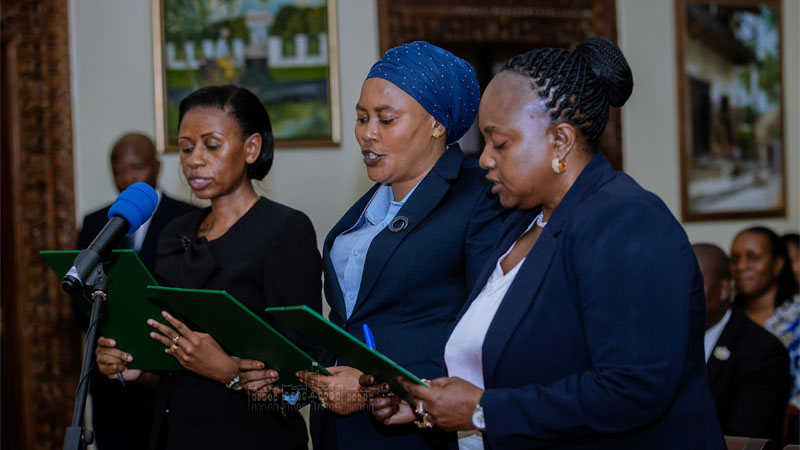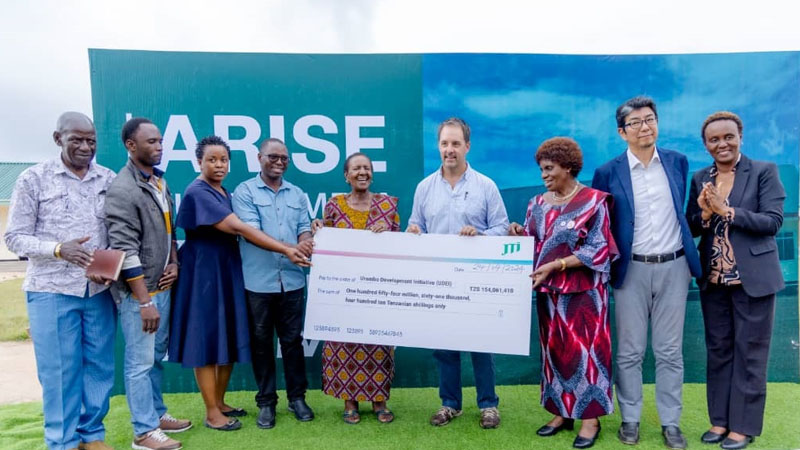CLIMATE CHANGE JUSTICE: Women affected by ‘gender-biased’ climate change deserve justice
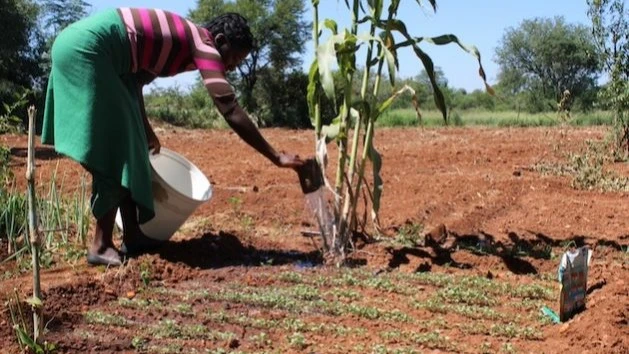
WHILE research into the unequal impacts of climate change on women is growing, more is needed to enable them to realize their rights to climate justice.
Researchers argue that women and girls have unequal access to food, water, health, education, and even income, thanks to climate change. This makes them more vulnerable.
Pedi Obani, an Associate Professor at the University of Bradford, explains that women and girls experience the negative impacts of climate change differently than men.
“Climate change affects women more and very often adversely,” Obani told IPS. “If climate change is leading to droughts or water scarcity, it automatically means less water for a woman to drink and hygiene, and for those who have caring responsibilities, it means less water overall. The burden becomes even greater for the women, who often also have to find the water, often traveling long distances to get it.”
A new report from the Food and Agriculture Organization of the United Nations (FAO) has found that climate change has a disproportionate impact on the incomes of rural women, people living in poverty, and older populations. The report analyzed data from over 100,000 rural households across 24 low- and middle-income countries (LMICs). It found that women’s capacity to respond and adapt to extreme weather events is unequal to that of men.
The Unjust Climate report highlights that in LMICs, female heads of households in rural areas suffer significantly greater financial losses annually than men. For instance, heat stress results in households run by women losing 8 percent more of their income each year compared to households run by men. The economic losses translate to a per capita reduction of USD 83 due to heat stress and USD 35 due to floods, totalling USD 37 billion and USD 16 billion, respectively, across all LMICs.
According to the report, if the average temperatures were to increase by just 1°C, women would face a staggering 34 percent greater loss in their total incomes than men. Unless climate change is addressed, it will widen the income gaps in years to come.
A study by the International Institute for Environment and Development (IIED) found that climate change impacts in India’s Maharashtra state have reduced rainfall and caused recurring droughts affecting women and girls. As a result, women have been forced to migrate to look for jobs in sugarcane fields. The women migrants have often been obliged to get hysterectomies so that they can work without taking breaks during menstruation or giving birth.
Women often have less access to resources such as land, credit, and education, which are essential for adapting to and mitigating the effects of climate change, says Buhle Francis, a researcher and activist with the Environmental Learning Research Centre (ELRC) at Rhodes University in South Africa.
Francis says, for instance, that in some regions, women are responsible for collecting water and firewood, which become scarce due to climate change, and their burden increases as they have to walk long distances to access these resources.
“Women have increased workloads, and climate change exacerbates existing gender inequalities by increasing the unpaid work that women do. For instance, after extreme weather events, women bear the primary responsibility for caring for children, the elderly, and the sick,” Francis told IPS, adding that women should be included in the decision-making process on climate change adaptation and mitigation.
Legal Aid for Climate Justice
Obani explained that while there was a focus on empowering women through representation and on women’s sexual, reproductive, and land rights, for instance, there was little research on these rights and climate change. As a result, women were excluded from justice processes.
Climate lawsuits are an important way for women to access justice, particularly in Africa, as a growing body of research shows climate change affects them more than men in terms of health, farming, migration, and conflict.
Obani noted that to improve access to climate justice, data needs to be collected on women’s and girls’ experiences of climate change. Additionally, women need legal aid to take up climate lawsuits and gender-sensitive climate laws to protect them.
“Legal representation is expensive, and building a legal case is expensive too. So if you put all that together, the fact that we are not seeing women in the courts litigating against climate change may not necessarily be because the women do not want to litigate. It could be because they do not have the resources to do so, which is where the case for legal aid and gender-sensitive laws comes in,” Obani told IPS.
Obani emphasized the need to expand the amount of legal aid funding and its coverage to include climate change and environmental matters. In addition, legal aid must be accessible to all based on their needs.
A Dearth of Data Affects Gender Evidence
Obani admits that women face a weak case for taking legal action because of the difficulty of proving climate change impacts without hard facts.
Obani stated that African women have a very slim chance of being able to sue for damages brought on by climate change in the absence of specific data on how it affects them.
She cited the case of a group of Swiss women over the age of 64 who tried and failed to convince the Federal Supreme Court of Switzerland that women were more vulnerable to climate-induced heat waves than men, using medical evidence showing that more women of this age died of heatstroke more often than men. While the Swiss court dismissed their case, saying it wasn’t convinced that the women had suffered enough damage to bring a climate justice lawsuit, the European Court of Human Rights ruled that Switzerland violated human rights by not taking action against climate change to protect its citizens.
Gender-Sensitive Laws and Policies
A 2022 analysis of agricultural policies in 68 low- and middle-income countries by the FAO found that 80 percent of policies did not consider women and climate change. Women plot managers were found to be as capable as men of adopting climate-adaptive agricultural practices. However, they lost income and off-farm opportunities when exposed to extreme weather events, the report found.
Simon Stiell, the Executive Secretary of UN Climate Change, asserts that gender-responsive climate policies are crucial because gender equality is not a ‘nice-to-have’, but a right.
“Gender-responsive climate policies are crucial to closing implementation gaps and gender-responsive finance can accelerate climate action and resilience for all, so they are key to achieving the highest possible climate ambition,” Stiell said in a message, marking International Women’s Day 2024.
Top Headlines
© 2024 IPPMEDIA.COM. ALL RIGHTS RESERVED






